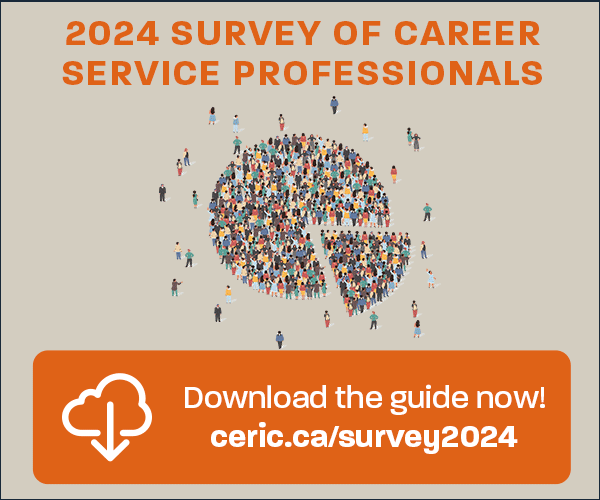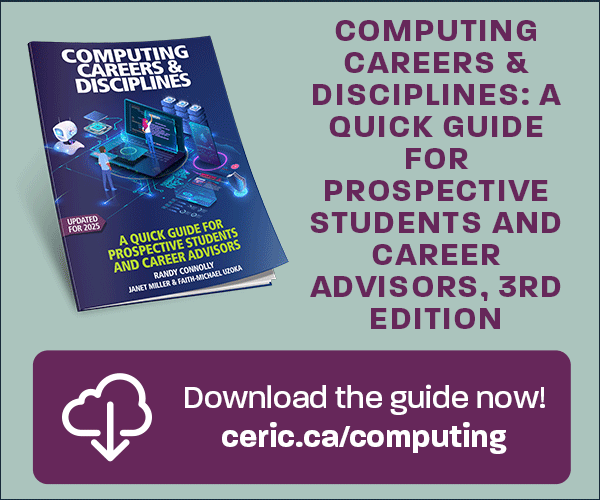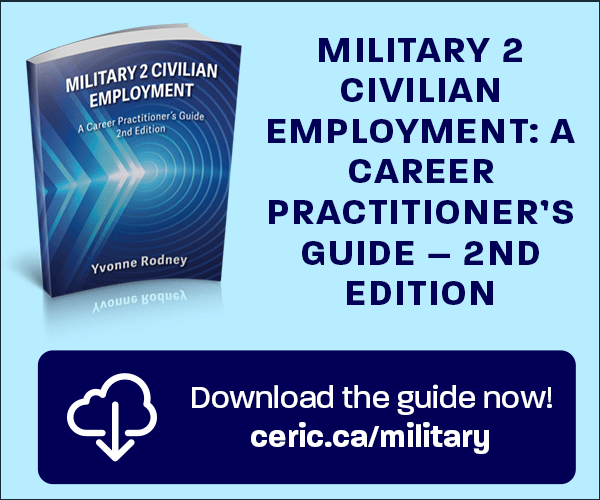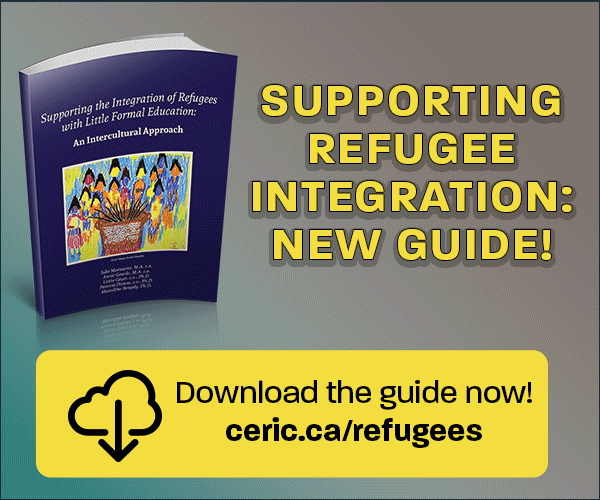Developing Norms for the Hope-Action Inventory with a Substance Misuse Sample
DOI:
https://doi.org/10.53379/cjcd.2023.362Keywords:
career competencies, assessment, Hope-Action Inventory, substance useAbstract
The Hope-Action Inventory (HAI), a hope-based measure of career competencies, has demonstrated solid predictive validity for educational and vocational outcomes. The purpose of this study was to justify an expansion of the use of the HAI by examining group differences and establishing norms for interpreting HAI results with individuals with a history of substance misuse. Participants (N = 783) were recruited through substance use support centers and the Amazon Mechanical Turk online recruitment platform. Significant group differences were found among differing employment statuses and age groups. Normative data on the HAI with substance use populations are provided by age and employment status.
References
Amundson, N., Goddard, T., Niles, S., Yoon, H. J., & Schmidt, J. (2016). Hope centred career interventions. https://ceric.ca/wp-content/uploads/2012/10/Hope-Project-Final-Report.pdf
Amundson, N., Niles, S., Yoon, H. J., Smith, B., In, H., & Mills, L. (2013). Hope-centered career development for university/college students. http://ceric.ca/wpcontent/uploads/2012/10/CERIC_Hope-Centered-Career-Research-Final-Report.pdf
Bauld, L., McKell, J., Carroll, C., Hay, G., & Smith, K. (2012). Benefits and employment: How problem drug users experience welfare and routes into work. Journal of Social Policy, 41(4), 751–768. https://doi.org/10.1017/S004727941200030X
Brown, R. L., & Rounds, L. A. (1995). Conjoint screening questionnaires for alcohol and other drug abuse: Criterion validity in a primary care practice. Wisconsin Medical Journal, 94(3), 135–140.
Currie, L. N., Bedi, R. P., & Hubley, A. M. (2023). Factor Structure of the Hope-Action-Inventory with a Problematic Substance Use Sample. Measurement and Evaluation in Counseling and Development. https://doi.10.1080/07481756.2023.2185157
Clarke, A., Amundson, N., Niles, S., & Yoon, H. J. (2016). Action-oriented hope: An agent of change in internationally educated professionals. Journal of Employment Counseling, 55(4), 155–165. https://doi-org.ezproxy.library.ubc.ca/10.1002/joec.12095
Niles, S. G., Yoon, H. J., & Amundson, N. E. (2010). Career flow index: Hope-centered career development competencies [Unpublished Manuscript]. University Park.
Niles, S. G., Yoon, H. J., Balin, E., & Amundson, N. E. (2010). Using a hope-centered model of career development in challenging times. Turkish Psychological Counseling & Guidance Journal, 4(34), 101–108. https://dergipark.org.tr/en/pub/tpdrd/issue/21454/229791
Santilli, S., Ginevra, M. C., Ferrari, L., Sgaramella, T. M., Niles, S., Nota, L., & Soresi, S. (2020). Using the hope-centered career inventory (HCCI): Italian version with healthcare professionals. International Journal for Educational and Vocational Guidance, 21(1), 145–159. https://doi.org/10.1007/s10775-020-09433-4
Schindler, N., Schreiber, M., & Schärer, Y. (2014, July). The construct validity of the German
Hope-Centered Career Inventory (HCCI). [Paper presentation]. International Congress of Applied Psychology, Paris, France.
Schreiber, M., Yoon, J. H., & Schindler, N. (2013, September). The German version of the Hope-Centered Career Inventory. [Poster presentation]. IAEVG Conference, Montpellier, France.
Statistics Canada. (2013). Canadian Community Health Survey. https://www150.statcan.gc.ca/n1/daily-quotidien/130617/dq130617b-eng.htm
West, S. L. (2008). The utilization of vocational rehabilitation services in substance abuse treatment facilities in the U.S. Journal of Vocational Rehabilitation, 29 (2), 71–75. https://content.iospress.com/articles/journal-of-vocational-rehabilitation/jvr00434
Yoon, H. J. (2017, March 2–4). Psychometric properties of the Hope-Centered Career Inventory: An update after six years of administration [Poster presentation]. Academy of Human Resource Development International Research Conference, San Antonino, Texas, United States.
Yoon, H. J., Bailey, N., Amundson, N., & Niles, S. (2019). The effect of a career development programme based on the Hope-Action Theory: Hope to work for refugees in British Columbia. British Journal of Guidance & Counselling, 47(1), 6–19. https://doi.org/10.1080/03069885.2018.1544827
Yoon, H. J., In, H., Niles, S. G., Amundson, N. E., Smith, B. A., & Mills, L. (2015). The effects of hope on student engagement, academic performance, and vocational identity. The Canadian Journal of Career Development, 14(1), 34–45. https://cjcd-rcdc.ceric.ca/index.php/cjcd/article/view/176
Yoon, H. J., Oh, E. G., & Mitchell, W. (2020). The effect of Employment Works Canada program for individuals with ASD: A Hope-Action Theory perspective [Manuscript submitted for publication]. Department of Learning and Performance Systems, The Pennsylvania State University.

Downloads
Published
How to Cite
Issue
Section
License
Copyright (c) 2023 Canadian Journal of Career Development

This work is licensed under a Creative Commons Attribution-NonCommercial-NoDerivatives 4.0 International License.
















